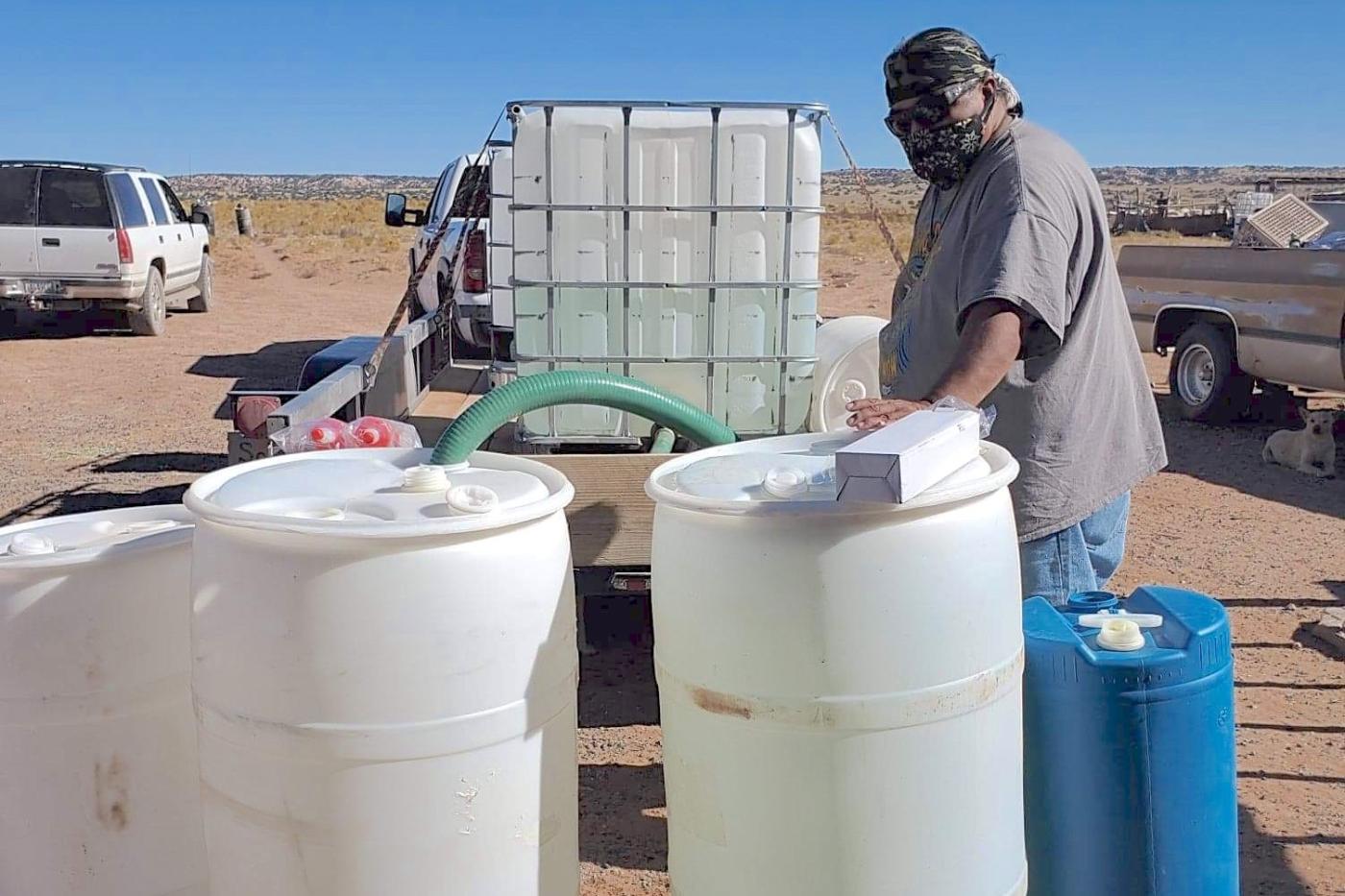The Lenten campaign, focusing on water justice in the USA for 2021, is developed yearly by the World Council of Churches Ecumenical Water Network (WCC EWN). This edition had the collaboration of Susan Smith, WCC EWN representative of North America, and the National Council of Churches in the USA.
Seven Weeks for Water will explore globally familiar places: Flint, Michigan, representative of the many American cities with drinking water contaminated by lead; Standing Rock, where the Dakota Sioux successfully fought the destruction of sacred waters by the Keystone Pipeline; and the Navajo Nation, where lack of water for hand-washing has heightened the toll of the COVID-19 pandemic in the southwestern United States.
Other, less storied places— from California's verdant valleys to the salmon streams of the Pacific Northwest—will also be the focus of reflections by theologians and water justice activists from diverse faith traditions.
Michele Roberts of the Environmental Justice Health Alliance, USA, and one of the authors of this year's reflections, says “serving communities across this nation leaves me referring to America as the ‘global south in the north,’ as I see systemic racism being the root cause over and over again.”
Another author, Annika Harley, of Creation Justice Ministry, USA, quotes Batahnii Wilson, an indigenous member of the Navajo Nation who condemns fracking in the region: “The water has a spirit, and when you start mixing chemicals in it, it kills that spirit. In Navajo tradition, water records your prayers, but only when it is living water with its spirit still present, not after being polluted with chemicals. So water pollution is not just an environmental crisis but also a spiritual one.”






